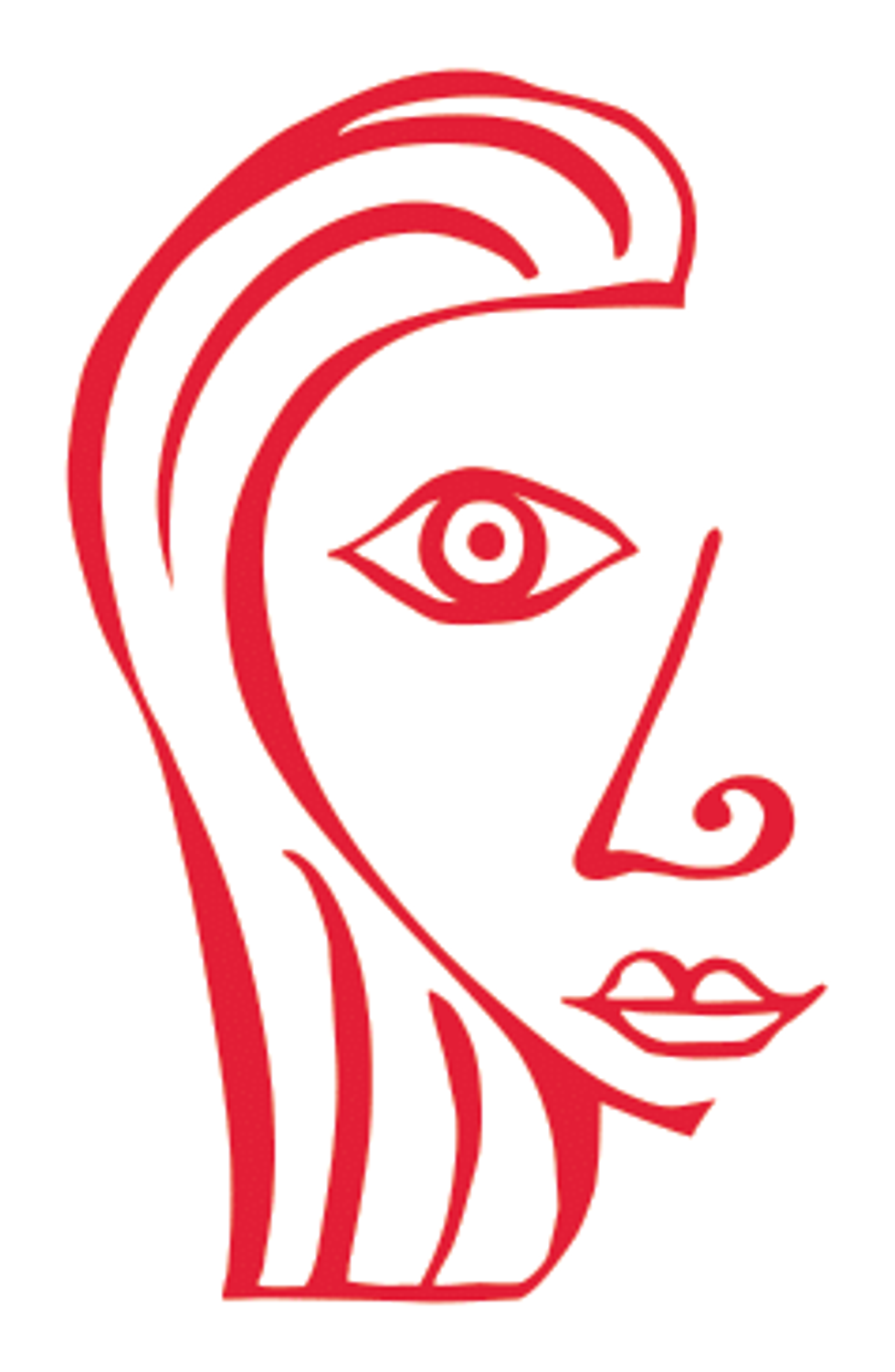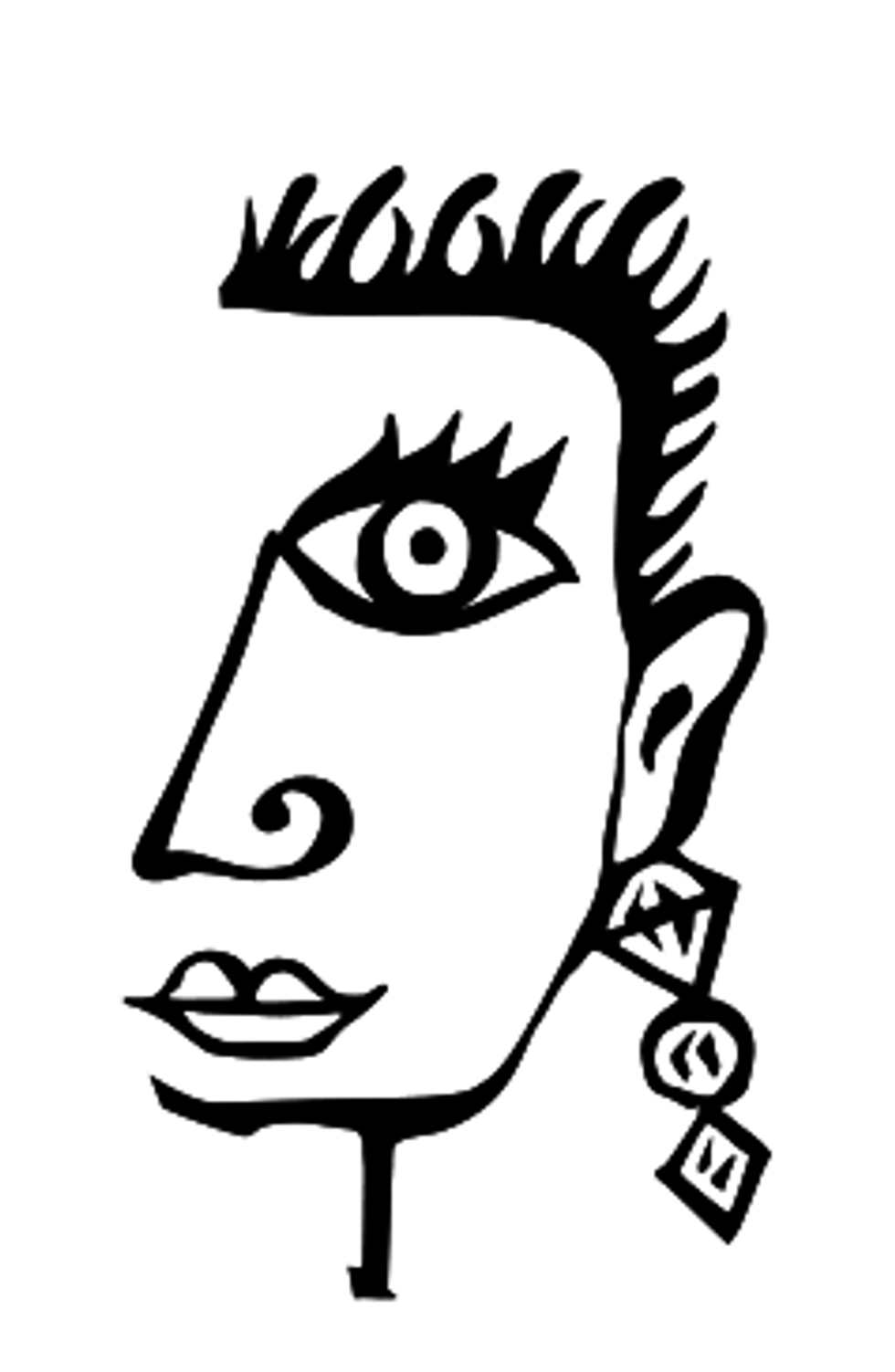Welcome! You've arrived during our soft launch … and we're thrilled you're here, but hope you'll understand that we have so much content – and not enough hours in the day (good thing Black works all the time, as she's the one loading everything). Check back as we promise to have new content in this section ASAP.
Curious to see what we've already loaded? Search on the phrase "Launch Box."
Want "Red & Black Banter" in your inbox? Sign-up on the "sticky bar" at the bottom of this page!
March is Women’s History Month, so what better time to reflect on how women can inspire other women to do amazing things? We’re rerunning a Q&A from a few years ago because celebrating women’s accomplishments is worth repeating and rereading … And it shouldn’t happen only in March!
P. S. – Betty White made this list, but how many of these trailblazing women do you recognize?
| Even with two daughters, and a sister who has been a role model for them and other girls (at speaking engagements, girls and boys are always surprised to learn she was the first woman to race the road course at Indianapolis Motor Speedway), it wasn’t until last year that I learned there even was a Women’s History Month. (Which is embarrassing as I claim to love history.) But once I made it a point to not only take notice of stories of women in history, but also women making history (for example, Wally Funk), I realized there are so many inspirational women – you just have to look for their stories. |
|
It is the
21
st Century; we should not need a Women’s History Month to make
sure that we remember and honor all the contributions and accomplishments of women. (And, I will not get into my opinion of the
word "
herstory.”)
But, there are many great ways for us to celebrate. Find stories you find inspirational, and then share them with others. Donate (time or money) to an organization that helps women. Make an effort to support women-owned businesses. Or, maybe something as simple (and as enjoyable) as listening to your favorite female artists and musicians, reading female authors, or watching movies about strong independent women. |
When the news is challenging or life’s stressful, there’s something comforting about Girl Scout cookies. Always has been, which is why we’re rerunning this post from several years ago.
Girl Scouts, though, are about so much more than cookies, as year-round girls learn important life skills, gain confidence, and discover leadership skills. But buying cookies is such a sweet way (sorry, we couldn’t resist) to support the organization. Red’s favorite is the classic shortbread (now known as Trefoils), and Black buys a large assortment and gives them all away.
But hurry! Cookie season ends on March 23.
P.S. - If S’mores and Toast-Yay! are your favorites … make sure you stock up as this is the last year they’ll be available.
Let's play word association. If we say, "Girl Scouts," what's the first word that comes to mind? Ok, what's the second word?
BANTER BITE BACKSTORY: When Juliette "Daisy" Gordon Low organized the first Girl Scout meeting – hoping to create an organization that redefined what was possible for girls everywhere – there was no way for her to know the difference it would make in the lives of millions of girls and their communities.
Many people's first (and sometimes only) image of Girl Scouts is as cookie salespeople – either selling door-to-door or at a make-shift table at a grocery or other store (or having their parents hand you an order form). But if you've been a Girl Scout (both of us have) or know someone who has, you know that Girl Scouts are about so much more.
So, as we celebrate the Girls Scouts being around for over 100 years, we should celebrate the years of fun and friendships, and for helping girls learn important qualities such as responsibility, courage, strength, and independence. Qualities that are as important in 2021 as they were in 1912.
And what better way to celebrate than to buy some Girl Scout cookies? Guilt-free as you're helping a good cause.
When you think of cancer, do you think that’s something only older people need to worry about?
Well, you’d be wrong because it’s alarming how many people under 50 are getting cancer. (Think Catherine, Princess of Wales.) And while the exact causes remain under investigation, what we do know is that early detection through cancer screenings is crucial.
It should be a priority for all of us (men and women) – and not only during Cancer Prevention Month but year-round.
| I know that cancer isn’t the “death sentence” it used to be when we were growing up, but it’s still a very scary word. Especially if it’s heard “close to home”. |
| When we were young, the word was rarely said. And if it was, it was whispered or referred to as the “ c-word.” |
| Kind of like when I had my two miscarriages. No one wanted even to acknowledge, let alone talk about, them. Which made it all the more difficult to get through it, although intellectually, I knew it was not uncommon. |
| Unfortunately, neither is cancer. It is the second-leading cause of death in the world, surpassed only by heart disease. But, at least, it is no longer a taboo subject. |
| Please don’t make this about numbers. It’s about people. Which you should know. I’m sure you remember when Daddy was diagnosed with parotid gland cancer , which luckily was treatable. And I’ve had skin cancer, although I was very fortunate, it was caught early and easily treated. |
| OK, I will not quote statistics, but it is important to realize that although cancer affects many people, that is all the more reason to try and prevent it. Or, catch it early. |
| Very early. I’m not sure I ever told you this, but when I had squamous cell carcinoma confirmed on my nose, it wasn’t because of an annual body screening. It was because I just thought something wasn’t right, even though I had gone to my family doctor and was told it wasn’t anything to worry about. |
| I thought you were always extremely conscientious about your annual cancer screenings, whether mammograms, Pap smears, or body checks. |
| The first two, absolutely, ever since I was in my 30s. But it was only when I went to a dermatologist to check my nose that I realized the importance of having full body screenings, too. Especially since redheads are more susceptible to skin cancer. So, yes, now I go on an annual basis, although it was on a six-month basis for several years after I had to have Mohs surgery . |
| Well, having routine cancer screenings, whether due to standard recommendations , because you think something is not right (after all, who knows your body better than you), or due to family history, has contributed to a decrease in cancer mortality rates . But, you do not want me to talk about numbers. |
| I don’t, but that’s great news! It just shows you how important it is to be proactive. |
| Exactly. And, as we learn more about cancer, we can adjust our lifestyles to lower the risk of getting cancer. For example, think of all the people who quit smoking to lower the risk of lung cancer. Of course, advances in medical treatment have made a huge difference. And, given my involvement with Make-A-Wish, I have watched with pure joy how the cancer death rate among kids and teens has dropped dramatically. |
| Wow, I had no idea! That really makes you stop and think, and makes me think about the cancer stories in movies and TV shows. And before you roll your eyes, and tell me my theater degree’s showing, it does make a difference when a subject like cancer is reflected in storylines. It lets audiences understand it on both an intellectual and emotional level. Which is very powerful. |
| It is. When you think of the movie “ Love Story,” unless you read the book, you did not know that Ali McGraw’s character had leukemia. But, around the same time, there was a “made for TV” pseudo-documentary/movie, “ Brian’s Song ,” which is the first movie I can remember that talked about cancer. It made it an acceptable topic of discussion. |
| I’m impressed you remember those movies. There’ve been so many since then, not to mention celebrities who tell their cancer stories. But cancer being in the mainstream makes it so much easier to discuss. Not just as a society but personally, as I’ve taken advantage of those opportunities to talk with the girls about the importance of early detection , something Mommy never did with me. |
| It was a very different time. Cancer was a “bad” word and potentially a “death” sentence. Today, the future is brighter, but it needs to be part of routine conversations. |
 Red
assets.rebelmouse.io
Red
assets.rebelmouse.io
 Black
assets.rebelmouse.io
Black
assets.rebelmouse.io
 red head
assets.rebelmouse.io
red head
assets.rebelmouse.io
 Black
assets.rebelmouse.io
Black
assets.rebelmouse.io